Have you ever watched a kid learn a new skill?
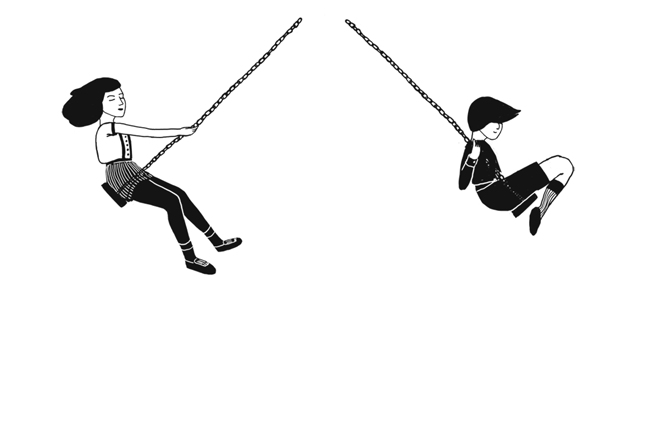
Whether it's swinging, cycling, or skateboarding, most kids take delight in picking up a new pursuit.
Some kids master new skills fast.

Others need a lot of practice.
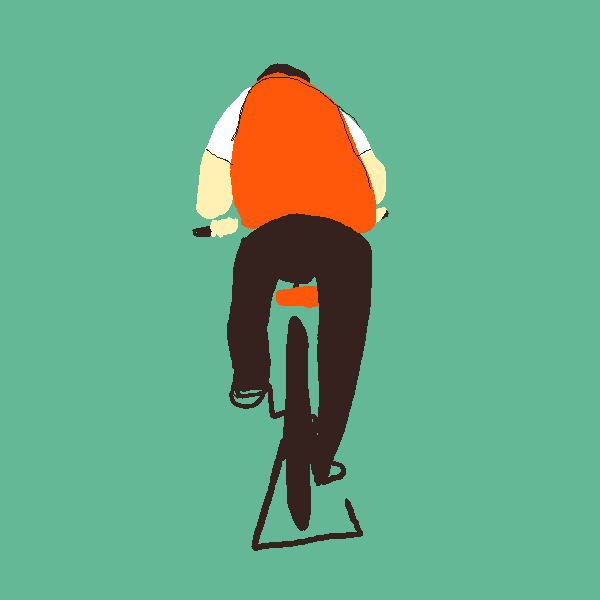
Whether the lessons come overnight or over many moons, most kids learn not to beat themselves up when they fail to do something expertly.
They're young enough to remember what it felt like to start walking — to put one foot in front of the other. They're used to starting from scratch.
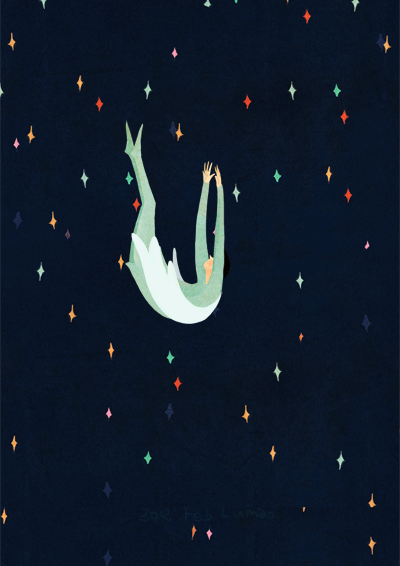
Falling, and failing, are inevitable in any worthwhile adventure.
Fail Better
It's hard not to applaud child prodigies like Sara Chang (who at age of five could perform entire violin concertos).
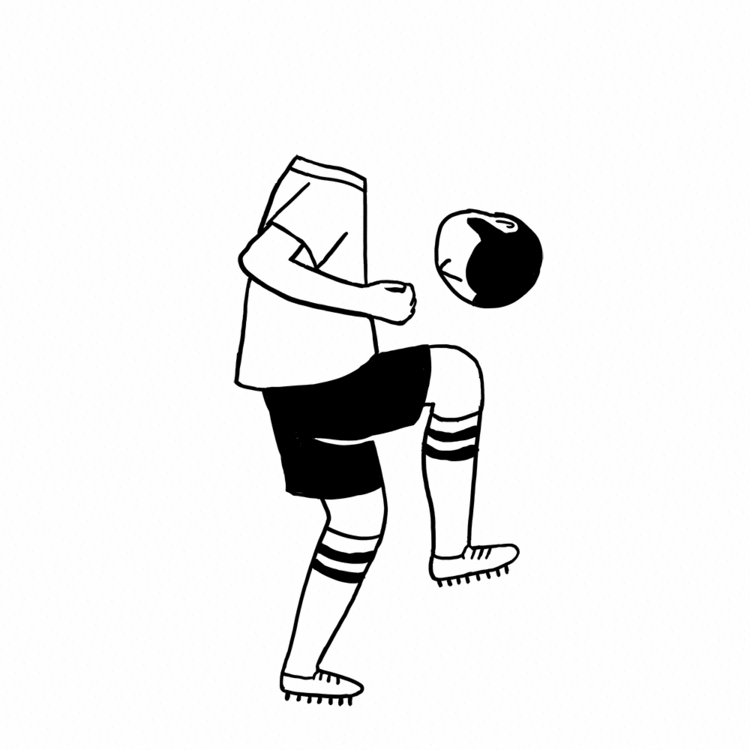
Who would pass up the chance to maneuver a football like Christiano Ronaldo (a player widely regarded as one of the greatest of all time)?

But what would happen if you threw Chang a football or Ronaldo a violin?
Every champion starts off a beginner. Each virtuoso fails dozens of times before she nails it.
Dashun Wang and his colleagues at Northwestern University call failure “the essential prerequisite for success.”
The difference between successful failures and unsuccessful failures? Those who "fail better " learn from their mistakes.
Quiz
Which of these hugely successful people failed miserably?
Learn The Limits Of Your Expertise
Imagine you're a pro with a hammer.
You hammer a nail like nobody's business.
You're so good at hammering, they ought to hang your portrait in the Hammer Hall of Fame.

But one day, your neighbour asks you to water her plants.

If those plants have any chance of surviving, you'll have to put down your hammer.
Hammering living things is generally a bad idea.
But if all you know is how to hammer, what choice do you have?
How To Let Go Of The Hammer
I suppose it is tempting, if the only tool you have is a hammer, to treat everything as if it were a nail.
—Abraham Maslow
Psychologists call our dependency on an overly familiar tool "The Law of the Instrument,” or sometimes, “Maslow’s Hammer.”
When we rely too heavily on a habitual or conventional perception, we develop cognitive biases.
The more you use a hammer, the harder it is to let go.
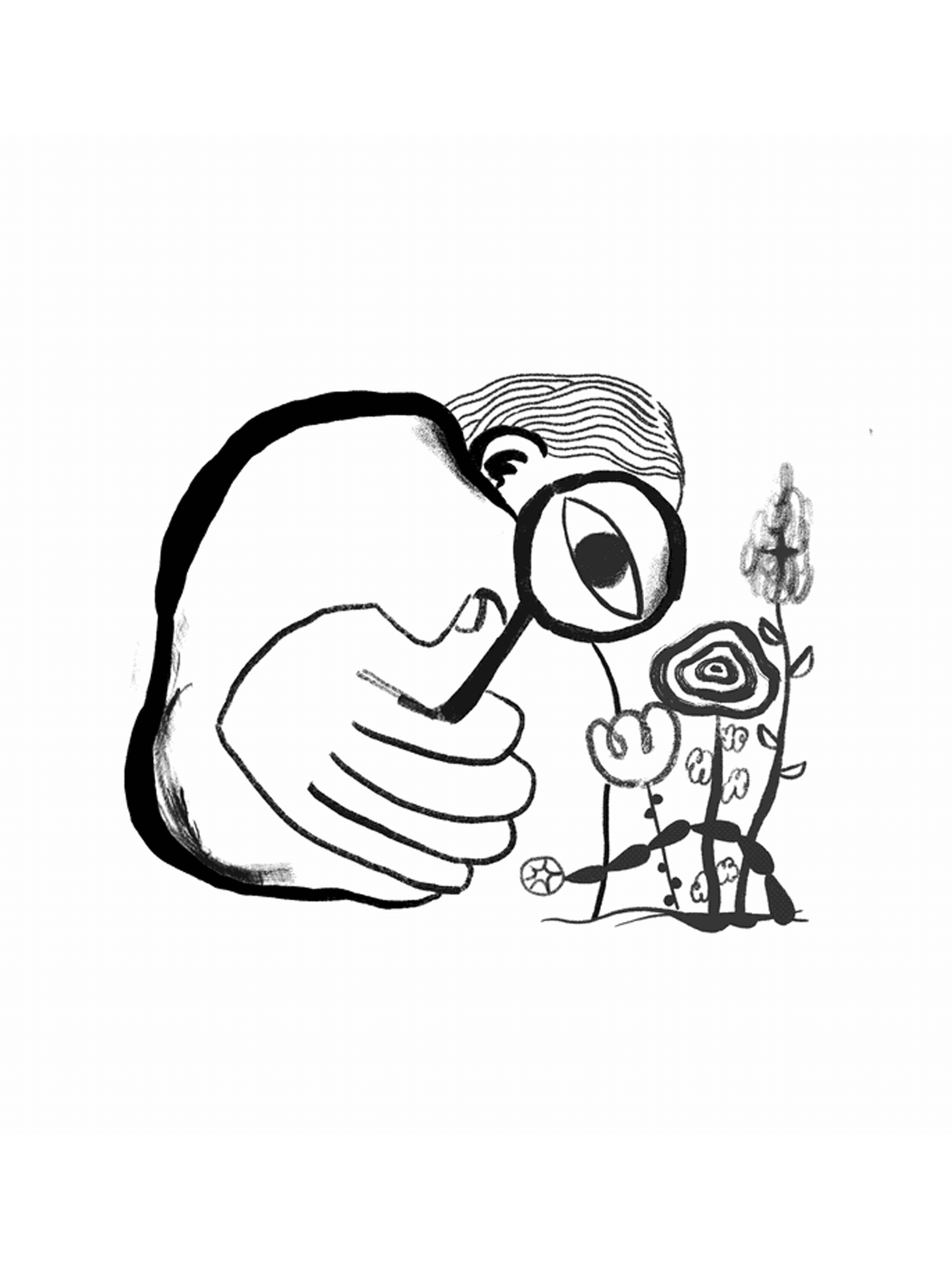
One way to let go of your proverbial hammer, (or whatever your cognitive instrument may be), is to adopt a beginner's mind.
Presume you know nothing.
Prepare to be astonished, to be mistaken, to think again.
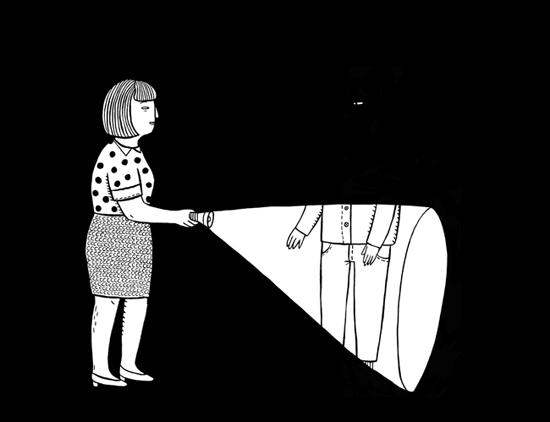
Drop all of your conventional tools.
Take out a magnifying glass, a telescope, a flashlight. Whatever helps you see things in an unfamiliar light.
Look deeper. See further. Get curious about everything.
Quiz
What did the philosopher Socrates mean when he said: "I neither know nor think I know."
Embrace The Possibilities
In the beginner's mind there are many possibilities, but in the expert's there are few.
—Shunryu Suzuki
How else can you adopt the mindset of a beginner?
Be mindful
Notice any impressions, judgements, and assumptions that rise and fall or do somersaults in your mind. Let go of any expectations you have of yourself to know everything or to do it all perfectly.
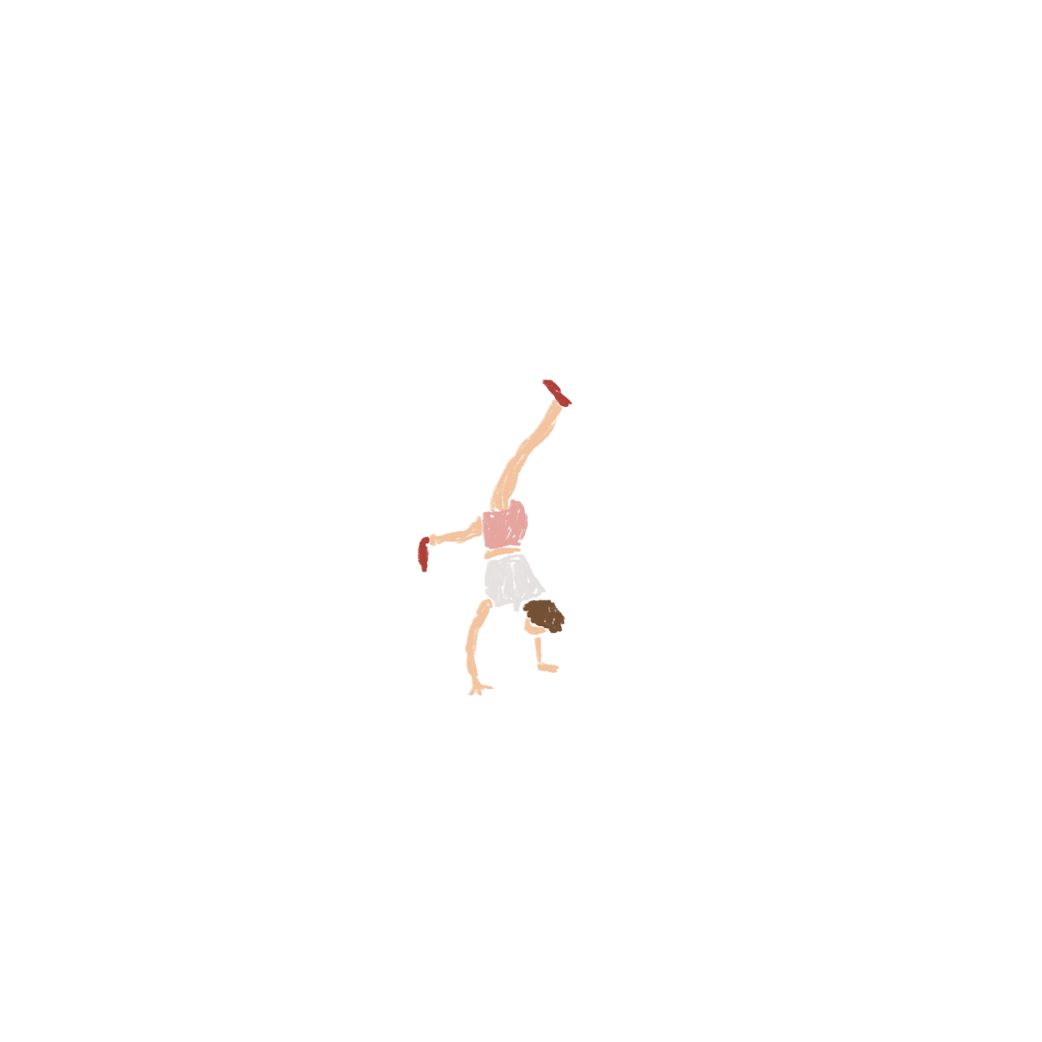
Spend time with children
Notice how easily children experience a sense of wonder. How might approaching life with greater awe open you to possibilities?
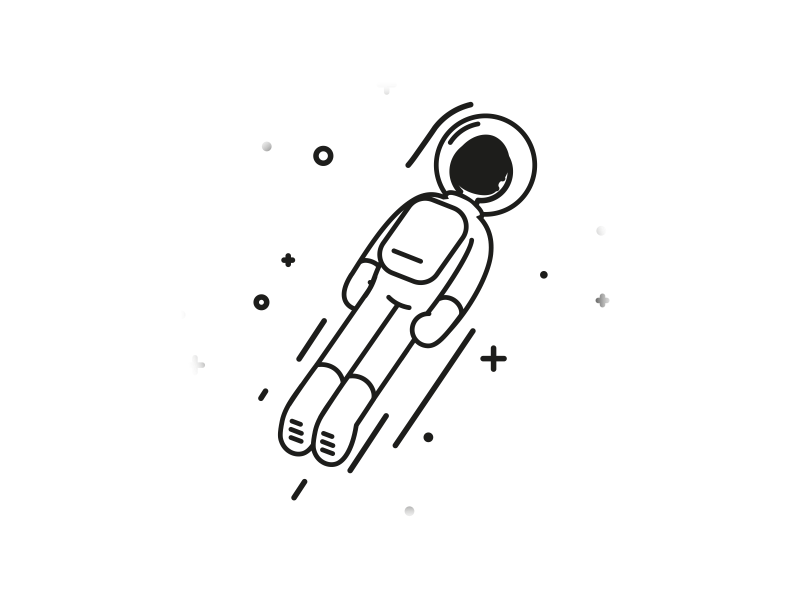
Slow down and enjoy it
Take it step by step. You'll be surprised how easily things start to flow.

Take Action
Bring these lessons onto the dance floor (so to speak!) with three actionable steps!
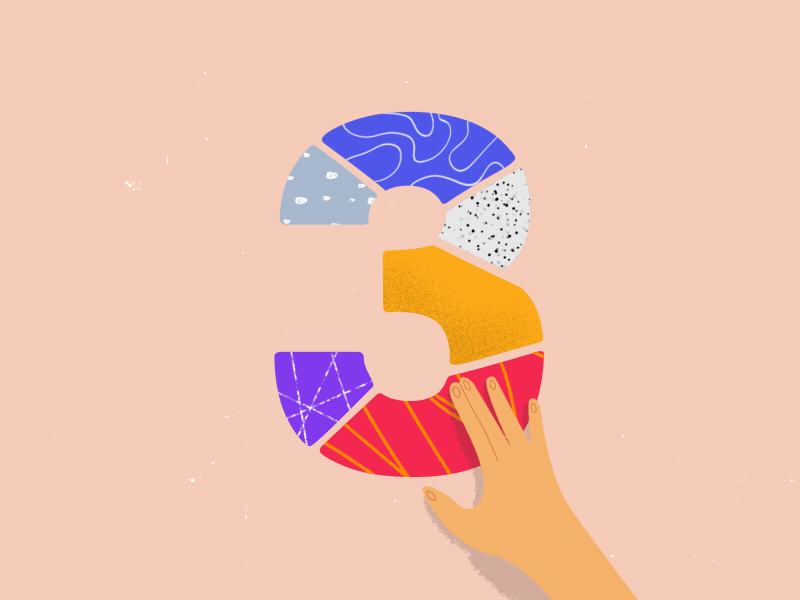
Your feedback matters to us.
This Byte helped me better understand the topic.